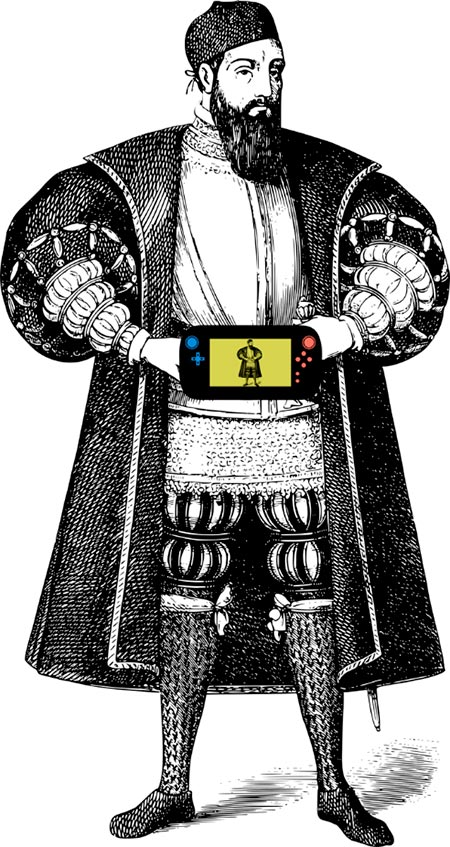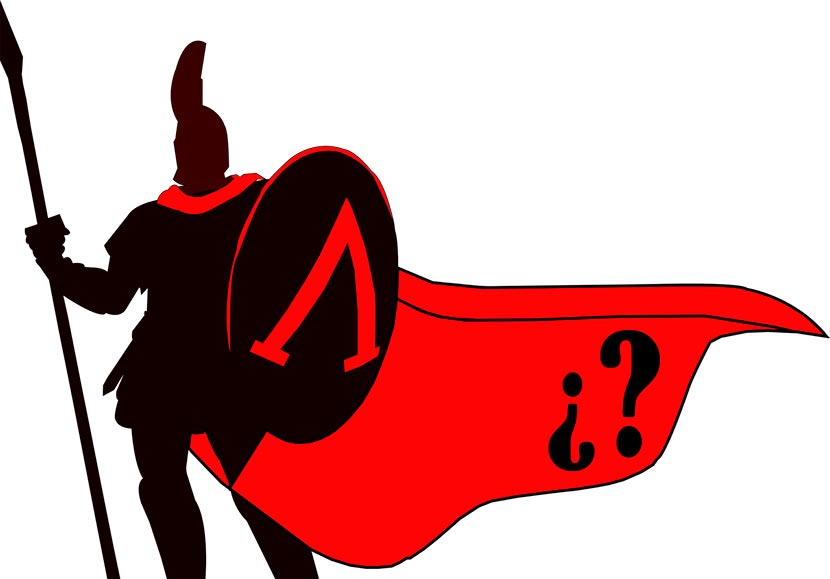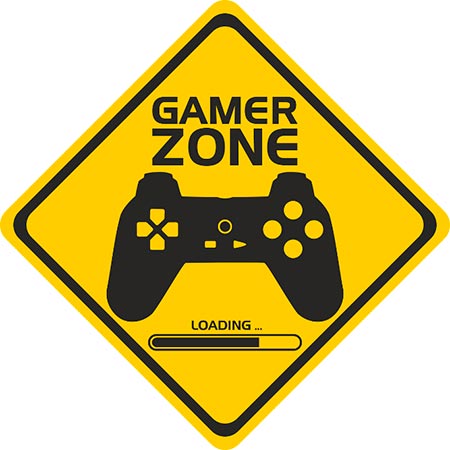Think
The worst historical mistakes in video games
We close the trilogy of Worst historical mistakes with a new article by Gabriel Garza, student of the Degree in History + Diploma in Archaeology of the School of Philosophy y Letras. A must-read for all video game lovers.

Reality trumps fiction. Undoubtedly, history will always be much more interesting than any virtual reality. From the appearance of the first video game (in the mid-20th century) to the present day, video games have become the entertainment par excellence for young and old alike. Logically, videogame creators have found in history an infinite number of variants on which to base their narratives. But how is the integration between history and videogames carried out? Is academic rigour respected or is the past simply moulded to suit?
Before we dive in, it is worth highlighting several common errors in all video games. The first and probably the most widespread is the over-representation of historical periods such as the Roman Empire, the Crusades or the Second World War. This leads to a hermetic dynamic that discourages creators from setting other contexts (the colonisation of America, the Russian Empire or Asian civilisations have hardly been represented).
Another major problem is the distortion of history, i.e. the modification of historical contexts to sweeten the story. For example, most video games seek to idealise war conflicts. In the end, the player is convinced that, as soon as he gets out of bed, both the Templars and the Roman legionaries were at war.

For video game developers, the Ancient Age is synonymous with ancient Rome. In this field, strategy games such as the Total War saga or games like Ryse of Rome predominate. The aforementioned overrepresentation (in this case of gladiatorial fights or war), added to the fixation on Rome's troubled moments (such as the end of the Republic and the Empire) makes the entire history of Rome simplified into two acts.
On the other hand, the monopoly of the Roman Empire in video games about antiquity prevents the development of designs set in other times and spaces far from the Italic peninsula. There are hardly any video games about ancient Greece, the Egyptian world or Eastern civilisations.
Overrepresentation also reaches the Age average. Video games based on this extensive period focus mainly on the Vikings and the Crusades. Moreover, the inclusion of fantastical elements and the fitting of the past to a romanticised and idealised idea of the period is the main issue concerning the representation of this historical moment. Another important error is the Western vision: games such as Crusader kings II or Europa universalis III and IV incorporate within their objectives the "Westernisation" of the territories, leaving aside the very broad Eastern culture of the Middle Ages.
As with games about the Modern Age average, the vast majority of games about the Modern Age have the great problem of the Western view. Games such as Expeditions: Conquistador neglect much of the Eastern events (such as the Turkish expansion or the development of the Russian Empire). At the same time, other civilisations or territories that, for geographical reasons, are not close to the Western world are not given much prominence.
In the Contemporary Age, there is a clear monopoly on the Second World War. Although video games are now beginning to be made about other historical moments, such as the First World War or the French Revolution, there are historical events of the contemporary era that have not yet been the subject of a single video game (the Russian Revolution, the Franco-Prussian war, the Chinese Revolution, etc.).
The biggest problem with video games (such as Medal of Honour) is the American view of conflict. It is taken for granted that the United States is the main manager of the fall of Nazism, of victory in both World War I and World War II, or of world pacification during the second half of the 20th century.
To this must be added a trivialisation of the conflict. In almost no video game is the resistance of the civilian population remembered or war crimes such as the extermination camps mentioned. In addition, there is a strong propagandistic emphasis on capitalism, which represents itself as the only valid economic system for humanity, as opposed to a cruel and merciless communism.

Throughout this series of publications*Throughout this series, we have been able to appreciate the abundance of historical errors that video games, series and films can have (as well as other forms of knowledge dissemination, such as documentaries, books and music). What is clear, however, is that the study of history has gained several channels of dissemination.
In the end, all historians found their vocation in some way. In some cases it was by watching Gladiator, Isabel, in others by playing Assassins's Creed and in others by reading a book about the reconquest. Whatever the format in which we encounter history, the important thing is to try to maintain the highest historical quality.
If you liked the article, you might be interested in one of our Degrees!









